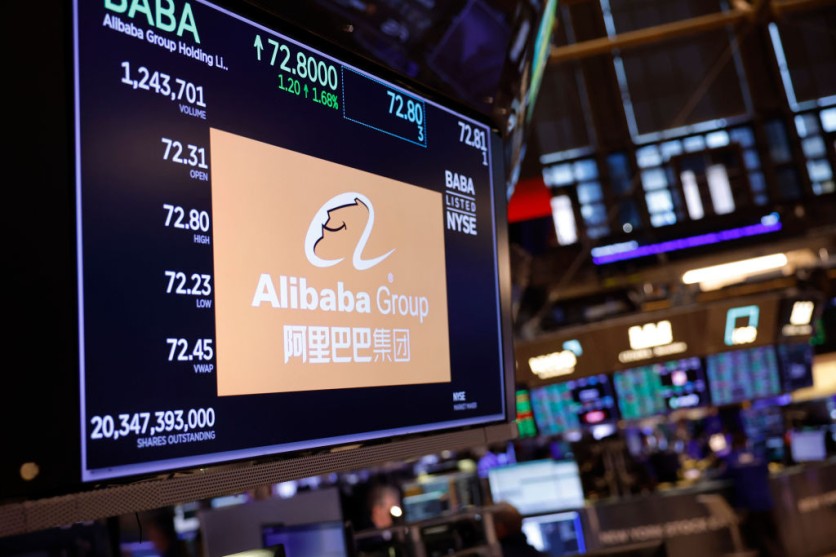Alibaba plans to sell several offline retail assets as it reassesses its 2017 "new retail" strategy.
A recent quarterly earnings conference indicated that Chairman Joe Tsai had formed a capital management committee to liquidate "non-core" assets, primarily physical retail firms. Tsai stressed the company's dedication to the process despite market obstacles.
Alibaba planned to sell Freshippo and 26-year-old RT-Mart before its results announcement. Alibaba has sold $1.7 billion in non-core investments in the first nine months of 2024. Freshippo's spokesperson refuted Alibaba's sale plans and refused to comment.

Shifting Gears
This strategy departs from Alibaba's "new retail," which sought to combine online and physical shopping experiences seamlessly. The business said that big data and mobile Internet technology will allow shoppers to put orders on their phones while shopping.
Freshippo, launched by Alibaba in 2016, has self-checkout stations with face-enabled payments and ceiling conveyor belts for inventory movement. The firm increased its offline presence by investing in Sun Art in 2017 and buying 72% of RT-Mart in 2020.
However, three years of COVID-19 disturbances and inexpensive e-commerce competition plagued the Chinese physical retail industry. Focusing on the "in-store experience," the plan failed to revive in-person shopping, reducing offline expenditure and increasing price sensitivity.
Alibaba has focused on e-commerce and cloud computing. Pinduoduo (PDD), its competitor in China's e-commerce market, has grown rapidly, making this transition vital. Alibaba's CEO, Eddie Wu, stressed the need to strengthen core strengths and be more aggressive to stay competitive.
Alibaba no longer relies on "new retail" for growth as it repositions. Due to shifting buying habits, Chinese manufacturers in Shaji, which Alibaba helped turn into an online merchant community, are spreading their sales across Pinduoduo, JD.com, and Douyin.
Alibaba, which is revamping and trying to resuscitate its main e-commerce section, needs help with this diversification. Its proportion of China's e-commerce market fell from 68% in 2019 to 42% in 2023. Alibaba is prioritizing the user experience and factory-direct sales.
Giving Way to Rivals
In a related update, per the Financial Times, factory owners in Shaji, China, named after Alibaba founder Jack Ma, are expanding sales to Pinduoduo, JD.com, and ByteDance's Douyin since Ma's platforms no longer guarantee sales.
Due to changing Chinese consumer behavior, cross-platform shopping forces retailers to embrace other online shops. But some factory owners refuse to sell on Pinduoduo, saying Alibaba platforms draw more clients despite dropping traffic.
Pinduoduo momentarily exceeded Alibaba in market value in 2023, giving Alibaba, under new CEO Eddie Wu, competition. Alibaba's reorganization faces changing buying habits and more competition.
Zeng Yiwu, an associate professor at Hangzhou Normal University, noted Alibaba's rural market issues owing to rising competition from other e-commerce platforms. Different from a decade ago, small-town and rural customers and merchants are now allowed to Alibaba's platforms. Zeng stressed that Alibaba needed a solid strategy to compete with large platforms.

![Apple Watch Series 10 [GPS 42mm]](https://d.techtimes.com/en/full/453899/apple-watch-series-10-gps-42mm.jpg?w=184&h=103&f=9fb3c2ea2db928c663d1d2eadbcb3e52)



